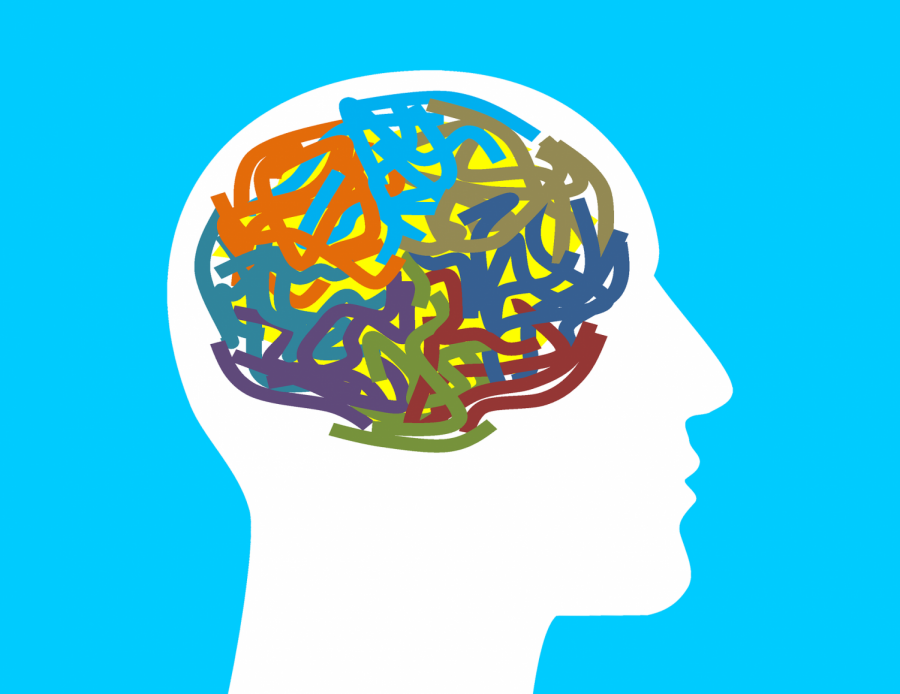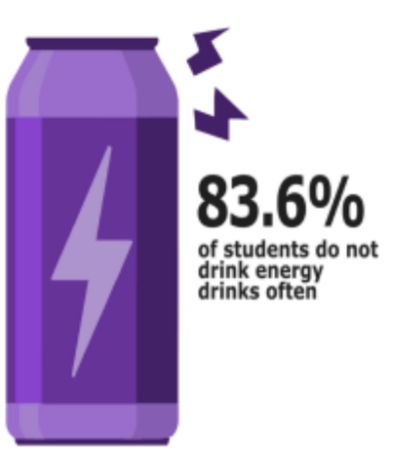Normalize mental health days
Creative commons photo by Tumisu from Pixabay
According to Merriam-Webster, a mental health day is defined as “a day that an employee takes off from work in order to relieve stress and renew vitality.” https://creativecommons.org/licenses/by/2.0/
January 17, 2020
The stigmatization of mental health issues is a pressing issue in our modern-day society. Mental illness and mental health are commonly misrepresented in the media we consume everyday. We see debilitating mental illnesses being turned into the plots for mainstream television shows and movies. Some teenagers have begun to view having a mental illness as being “quirky” or “interesting,” while people who actually suffer from depression and anxiety are labeled as “overdramatic”and “attention-seeking.” The severity of mental health has been cast aside, which is why parents, the American education system and our society view the concept of “mental health days” as being unnecessary.
According to Merriam-Webster, a mental health day is defined as “a day that an employee takes off from work in order to relieve stress and renew vitality.” A typical American school day is six and a half hours, not including extra-curricular activities and countless hours of homework and studying. There is an immeasurable amount of pressure put onto high school students. From maintaining a high grade point average to participating in multiple activities and boosting their academic resumé, students today are constantly stressed. If not relieved, this immense amount of stress can lead students to become severely depressed.
Ongoing chronic stress may result in serious mental health problems, such as depression, anxiety, personality disorders and, in the most serious cases, suicidal thoughts or actions. According to the National Institute of Mental Health, one in five children from the ages of 13-18 have a mental health disorder. The stigma surrounding mental health has been fueled by the notion that being “sad” or “nervous” are interchangeable with severe depression and anxiety.
The concept that mental health days are completely unnecessary and counterproductive is the reason why students are often penalized for taking days off to focus on their emotional health. Often times, mental health issues are as limiting, if not more so, than physical injuries. In the same way that physical injuries limit your ability to walk or run, stress and mental health issues can impair your attention span in class and motivation to do well in school.
Of course, limitations must be set in order to prevent people from abusing the idea of mental health days. While teens should not be penalized for taking time off from school to focus on their well-being, there must be a balance between focusing on school and emotional health. Mental health days should not exceed the amount of days spent in school, but students should also not feel that it is wrong to take time off to relieve the immense amount of stress put onto them.
By normalizing the idea of mental health days as necessary instead of counterproductive and a waste of time, the amount of teen stress, anxiety and depression could be reduced significantly.














